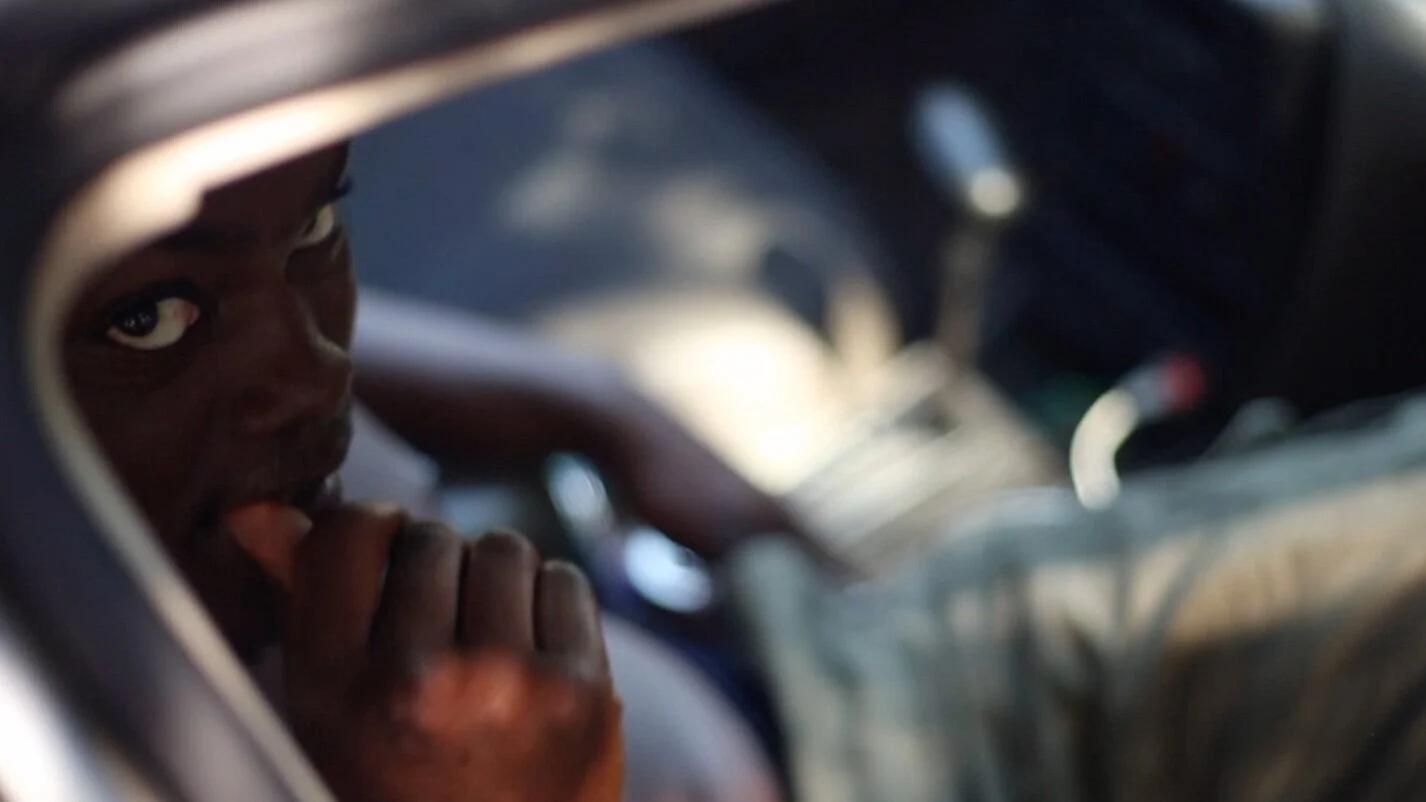Hale County This Morning, This Evening
The universal in the particular as found in rural Alabama.
The aims behind RaMell Ross's first feature are clearly admirable: filming over a period of years (Ross is his own photographer) he has set out to give us a documentary devoted to showing us life in a community in Alabama where the people are in the main poor and black. In doing so, he has chosen to feature three of these local inhabitants in particular. They include a young couple, Quincy Bryant and Latrenda 'Boosie' Ash, who when first seen already have a young son, Kyrie. Before the film ends, he will have a baby sister. Among others encountered, the one we see most frequently is Daniel Collins who is a student at Selma University, a black bible college.
More than just a portrait of a community, Hale County This Morning, This Evening asks us to recognise the extent to which these people, people who for some might seem to exist in a world apart, actually possess a common humanity that all of us can recognise. This county may be more religious in outlook than is common today, but the film laudably sets out to show the ordinary lives of its inhabitants in a universal light. As such, it is a film that stresses the everyday throughout but in a way that breaks down barriers and does so in the awareness that for all of us daily existence can become grim and that death is always a possibility that is lurking.
Many have acclaimed what is on the screen as exceptional and groundbreaking (this film has won many awards) but, for all its good intentions, I find it hard to understand that. Technically, it is not without impressive elements - the photography is of high quality, the varied use of music on the soundtrack is always considered. But Ross's film has been described as impressionistic which can mean - as it does here - that scene follows scene in a manner that often feels arbitrary and sometimes lacks any clear point. Written titles appear at intervals (an early one asks 'What is the orbit of our dreaming?') and I find the tone here pretentious. Ross eschews any commentary although that would have helped to weld the bits and pieces together. Furthermore, some highly stylised night shots seem to belong to another movie altogether and, while the approach is patently not condescending, I felt that a more conventional style of filming would have made us feel even closer to Boosie, Quincy, Daniel and the other people of Hale County. Their lives are certainly caught here, but the black experience, the suffering and the hope that may nevertheless prove illusory, have been illuminated before. The end credits of the film are accompanied by the Billie Holiday recording of 'Stars Fell on Alabama' and to my mind she captures more succinctly and more compellingly just about everything that is at the core of this film.
MANSEL STIMPSON
Featuring Daniel Collins, Quincy Bryant, Latrenda 'Boosie' Ash, Kyrie Bryant, Mary Bryant, Karmen Bryant.
Dir RaMell Ross, Pro RaMell Ross, Joslyn Barnes and Su Kim, Screenplay RaMell Ross and Maya Krinsky, Ph RaMell Ross, Ed RaMell Ross, Music Alex Somers, Scott Alario and Forest Kelley, Creative Adviser Apichatpong Weerasethakul.
Cinetic Media/Doc & Film International/Idiom Film & Louverture Films/JustFilms/Ford Foundation-ICA Films.
76 mins. USA/UK. 2018. Rel: 18 January 2019. No Cert.


